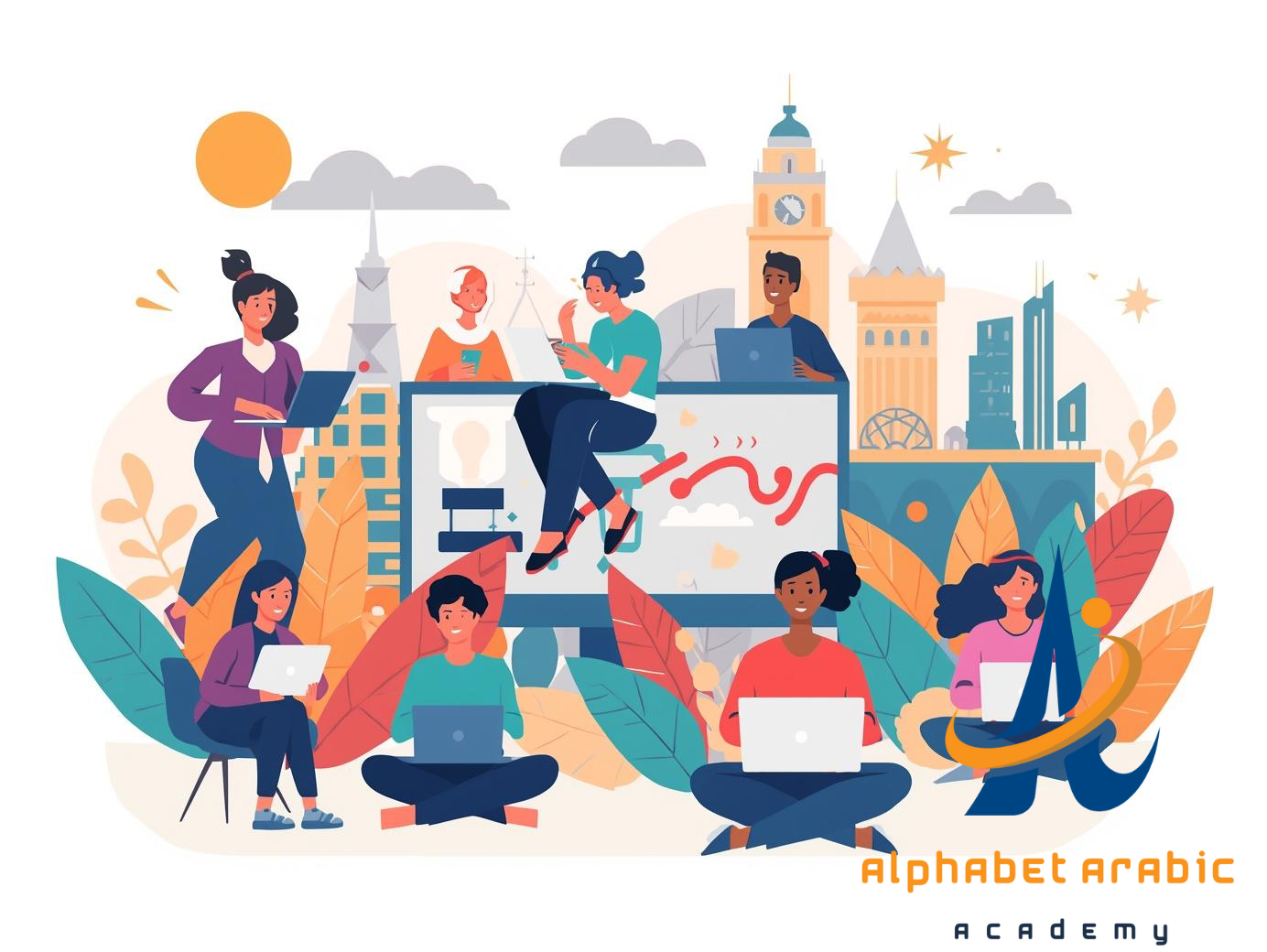The Best Way to Learn Arabic online australia

Learning a new language opens doors to cultural connection, career opportunities, and personal growth. Learn Arabic Online australia If you’re based in Australia and looking to learn Arabic online, you’ve come to the right place. Whether you’re a beginner or seeking to improve your skills, offers flexible, fun, and effective programs tailored to your needs. Our online Arabic courses are designed to help you achieve proficiency while fitting seamlessly into your schedule. For a successful linguistic transformation, follow our proven Arabic course recommendations.
Why Choose to Learn Arabic Online in Australia?
1. Adaptable Access to High-Quality Education
Online learning breaks barriers of time and location, making it easier for Australian learners to study Arabic at their own pace. provides interactive lessons and engaging materials that you can access anytime, anywhere. With options like live Zoom classes, pre-recorded video tutorials, and apps, you can study from the comfort of your home in Sydney, city in Australia, whether it’s Melbourne or another.
2. Fun and Interactive Learning
Grammar drills are no longer boring. we make learning Arabic fun and interactive. Our programs include:
- Games to build vocabulary.
- Live conversational practice sessions.
- Lessons covering MSA (Modern Standard Arabic) and colloquial dialects like Levantine and Egyptian.
These methods ensure that learners stay motivated and engaged throughout their journey.
3. Courses Ideally suited for All Skill Levels
From beginner to advanced, our courses cover all aspects of the Arabic language. Whether you want to learn the basics of the alphabet or master advanced grammar, we’ve got you covered. Beginners can start with foundational classes that teach the Arabic alphabet and basic vocabulary, while advanced learners can focus on conversational fluency or specialized areas like Quranic studies and Islamic theology.
What Makes us the Best Option?
Accredited and Experienced Teachers
Our tutors are native speakers with professional qualifications and years of teaching experience. They are skilled in teaching Arabic to English speakers, ensuring a smooth and effective learning experience. Whether you’re looking for private lessons or group classes, our instructors cater to your individual needs.
Comprehensive Learning Materials
We provide a wide range of resources to help students achieve, including:
- Worksheets to feed engaging in writing and reading.
- Listening skills can be enhanced using audio lessons.
- Interactive video tutorials for grammar and speaking.
Affordable and Accessible Programs
Learning Arabic doesn’t have to break the bank. We offer high-quality tuition at a low cost, making Arabic learning accessible to everyone in Australia. Enroll today and start your journey without worrying about excessive fees.
The positive aspects of Online Arabic Education
Cultural and Professional Advantages
Arabic is spoken in over 20 countries and is one of the most widely used languages in the world. Learning Arabic encourages you to:
- Connect with Arabic-speaking communities in Australia and overseas.
- Enhance your career prospects in fields like international business, translation, and education.
- Gain a deeper understanding of Islamic culture and theology.
Flexibility for Modern Lifestyles
online programs, you can fit learning into your busy life. Whether you’re a student, professional, or parent, our courses are designed to work around your schedule.
Learn at Your Personal Schedule
Gain experience and confidence little by little. Bite-sized lessons ensure you don’t feel overwhelmed, while regular progress checks help you stay on track.
Get Started With Arabic Instantly!
Are you ready to jump into an exciting journey of learning Arabic? is here to help you achieve your goals. Whether you’re aiming for conversational proficiency, studying for citizenship, or exploring a new language for fun, we’ve got the perfect program for you.
Enroll Now
to discover our courses and start your journey today. Don’t forget to follow us on our social media channels for updates, tips, and success stories from other learners.
Join the Community
Join a growing community of learners across Australia who are discovering the joy of mastering Arabic. With expert guidance, interactive tools, and affordable programs, is your go-to choice for learning Arabic online in Australia.
Start today and embrace the flexible, fun, and effective way to learn Arabic with us!

